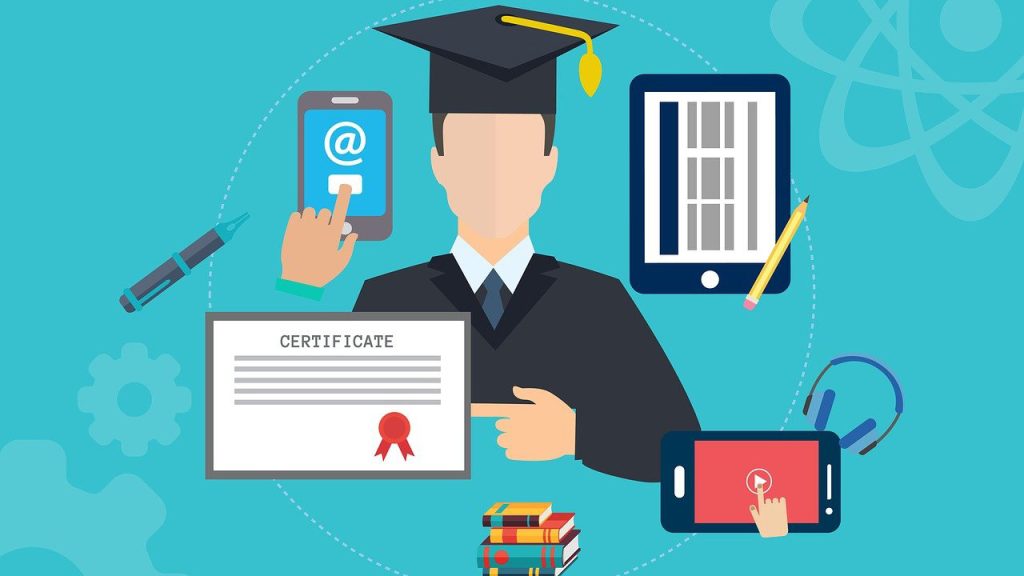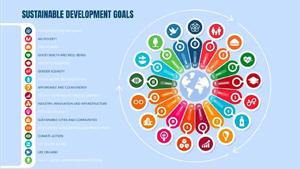In today’s rapidly changing world, the education system plays a paramount role in shaping the future of societies. It’s no secret that our education system is in need of improvement. With advancements in technology, evolving job market requirements, and diverse student needs, it is crucial to constantly evaluate and enhance our approach to education. This article explores key strategies and ideas to drive positive change and truly transform our education system.

Photo by kreatikar on Pixabay
Current state of the education system
The current state of the education system is characterized by a range of challenges and issues that hinder the learning experience for students. One major challenge is the unequal access to quality education. Students from disadvantaged backgrounds often lack the resources and support needed to thrive academically.
This leads to a significant achievement gap between students from different socioeconomic backgrounds. The education system is often criticized for its reliance on standardized testing, which fails to capture the full potential of students and promote critical thinking skills.
Another issue is the outdated curriculum that fails to keep up with the changing needs of the job market. Many students graduate without the necessary skills and knowledge required in today’s workforce. This mismatch between education and employment needs contributes to high unemployment rates and underemployment among graduates.
The traditional teaching methods employed in many schools often prioritize rote memorization over fostering creativity and critical thinking.
Importance of improving the education system
Improving the education system is of utmost importance as it directly impacts the future success and well-being of individuals and societies. A well-designed and effective education system can empower students with the skills, knowledge, and mindset necessary to navigate the challenges of the 21st century.
It can equip them with critical thinking, problem-solving, and communication skills that are essential in both personal and professional realms. By addressing the gaps and deficiencies in the current system, we can ensure that all students have an equal opportunity to succeed and contribute meaningfully to society.
Strategies for improving the education system
Enhancing teacher training and professional development
Teachers are the backbone of the education system. Investing in their training and professional development is crucial for ensuring high-quality education. Providing teachers with ongoing opportunities to enhance their teaching methods, learn about new technologies, and develop their own skills can greatly impact student outcomes. This can be achieved through workshops, mentoring programs, and collaboration with other educators.
Increasing funding for education
Insufficient funding is a major obstacle in improving the education system. Adequate resources are required to provide quality education, update curriculum, and invest in necessary infrastructure.
By prioritizing education funding and allocating resources effectively, we can create an environment that supports the diverse needs of students and fosters their overall development.
Implementing curriculum reforms
To meet the demands of the modern world, curriculum reforms are essential. The curriculum should be designed to not only impart knowledge but also develop critical thinking, problem-solving, and digital literacy skills. It should be flexible, interdisciplinary, and relevant to the real-world challenges students will face.
By incorporating project-based learning, experiential learning, and practical applications, we can make education more engaging and meaningful for students.
Investing in technology and digital resources
Technology can greatly enhance the learning experience and provide access to educational resources beyond the physical classroom. By investing in technology infrastructure, providing students with devices, and ensuring internet connectivity, we can bridge the digital divide and create a more inclusive learning environment. Additionally, leveraging digital resources such as online courses, educational apps, and virtual simulations can make learning more interactive and personalized.
Promoting parental involvement and community engagement
Education is a collaborative effort that involves not only teachers and students but also parents and the community. Encouraging parental involvement in their child’s education and fostering strong partnerships between schools and the community can have a significant impact on student success. This can be achieved through regular communication, parent-teacher associations, and community outreach programs.
future of education and the role of stakeholders
Improving our education system is a collective responsibility that requires the involvement of various stakeholders including policymakers, educators, parents, and the community. By addressing the challenges and issues in the current system and implementing strategies such as enhancing teacher training, increasing funding, implementing curriculum reforms, investing in technology, and promoting parental involvement, we can create a more effective and equitable education system.
A well-implemented and forward-thinking education system can prepare students for the demands of the future, foster innovation and creativity, and contribute to the overall development and prosperity of societies. Let’s work together to empower our students, embrace innovation, and redefine education for a brighter tomorrow.




